Luxury brands are integrating sustainability through eco-friendly materials, ethical sourcing, and circular fashion to meet growing consumer demand.
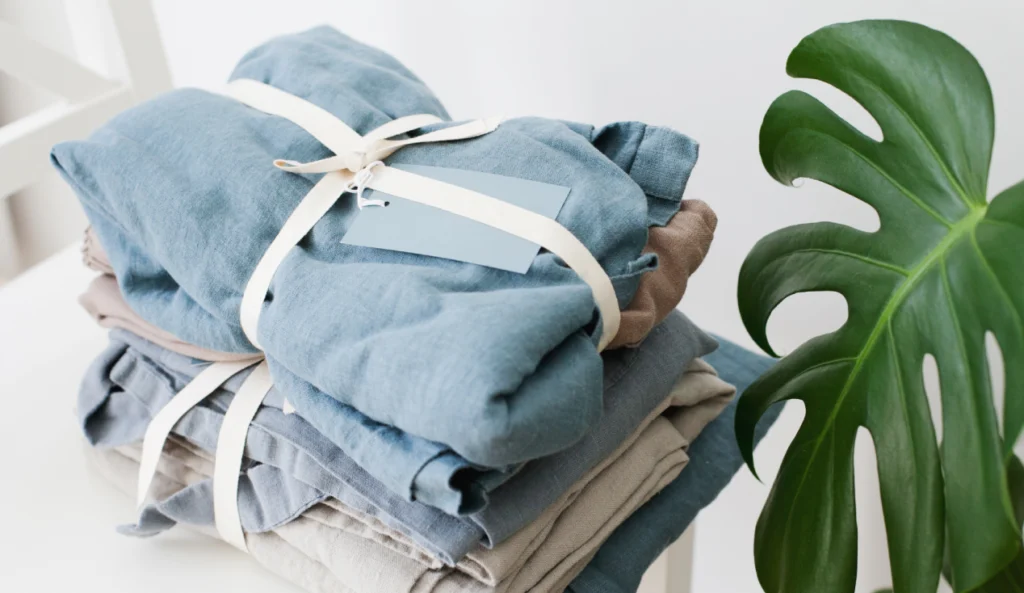
The luxury industry, known for its opulence and exclusivity, is undergoing a significant transformation. As global awareness of environmental issues grows, sustainability has become a crucial consideration for consumers and brands alike. Luxury brands, traditionally seen as symbols of excess, are now at the forefront of the sustainability movement, integrating eco-friendly practices into their business models. This article explores how luxury brands are leading the way in sustainability and the impact of these efforts on the industry.
How Sustainability is Being Integrated into Luxury Brands
Eco-Friendly Materials
One of the primary ways luxury brands are embracing sustainability is through the use of eco-friendly materials. Traditional materials like leather and exotic skins are being replaced or supplemented with innovative alternatives.
• Stella McCartney: A pioneer in sustainable fashion, Stella McCartney has long eschewed animal products, opting for materials like vegetarian leather and recycled fabrics.
• Gucci: The brand has introduced its Gucci Off The Grid collection, which uses recycled, organic, and sustainably sourced materials.
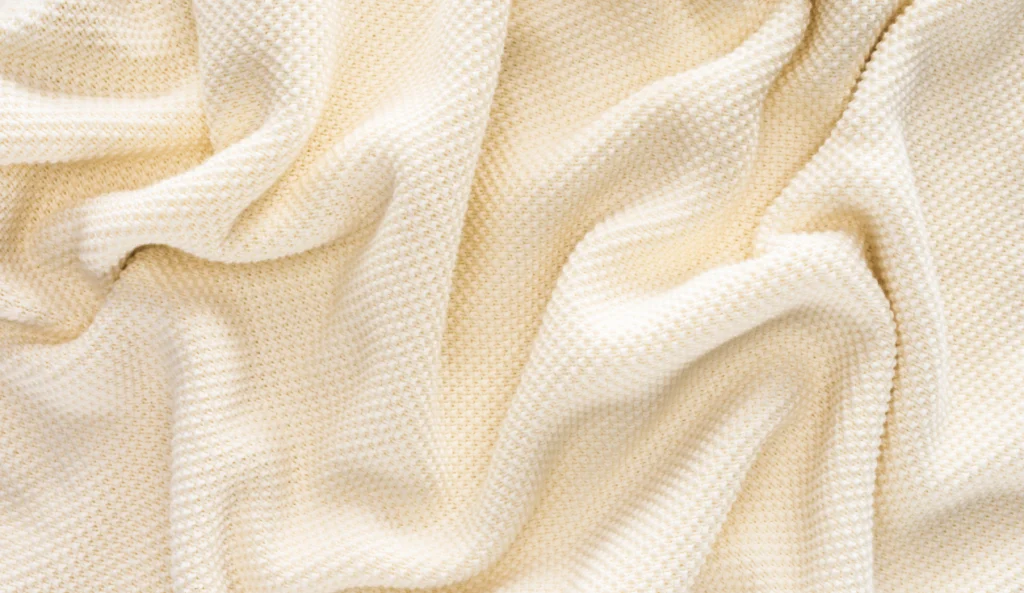
Sustainable Production Processes
Luxury brands are also re-evaluating their production processes to minimize environmental impact. This includes reducing waste, lowering carbon emissions, and conserving water.
• Prada: Prada’s Re-Nylon initiative aims to convert all of its nylon products to a sustainable, recycled nylon by the end of 2021.
• Hermès: Known for its craftsmanship, Hermès has invested in sustainable practices, such as its use of sustainably sourced leather and its commitment to reducing energy consumption in its workshops.
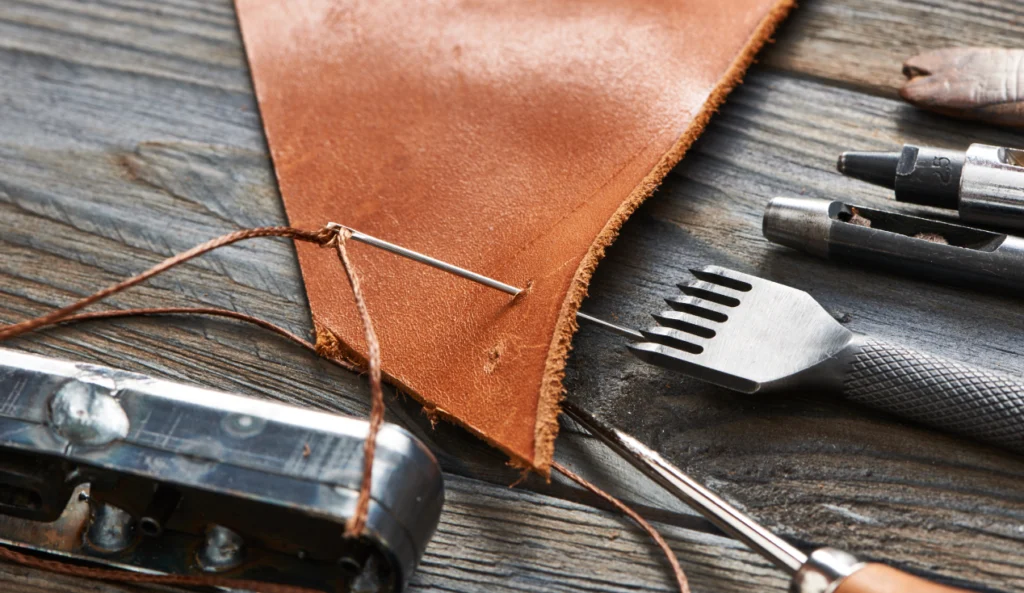
Examples of Luxury Brands Focusing on Eco-Friendly Practices
Circular Fashion
Circular fashion, which promotes reusing, recycling, and upcycling, is gaining traction in the luxury sector. Brands are designing products with the entire lifecycle in mind, ensuring they can be easily recycled or repurposed.
• Burberry: The Burberry ReBurberry Edit features products made from recycled materials and certified sustainable sources. The brand also introduced a take-back program to encourage recycling of its products.
• Chloé: Under the creative direction of Gabriela Hearst, Chloé has committed to circular fashion principles, focusing on recycled and regenerative materials.
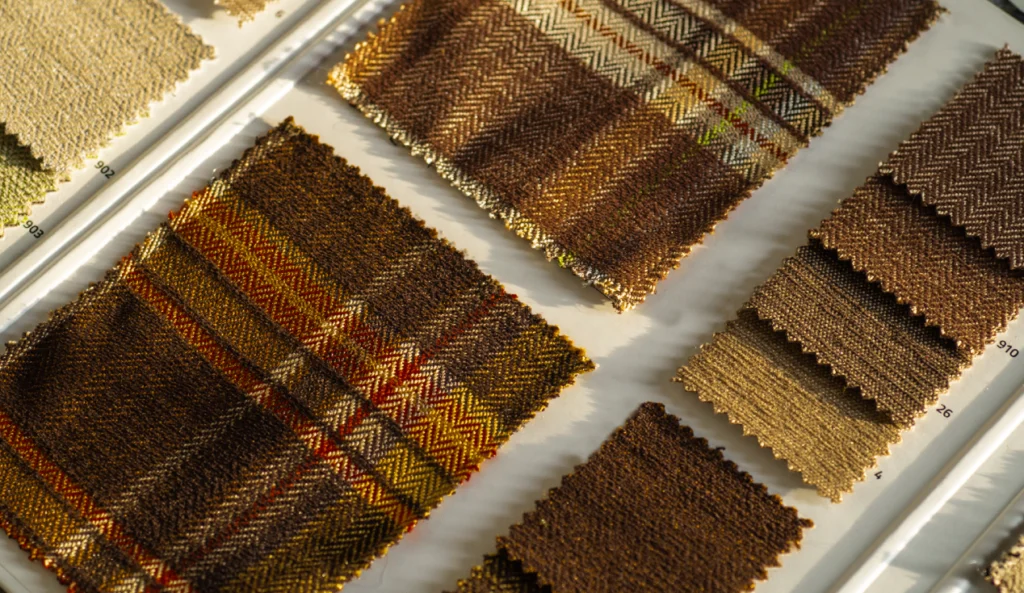
Ethical Sourcing
Ethical sourcing ensures that materials are obtained in a responsible and sustainable manner, with consideration for environmental and social impacts.
• Tiffany & Co.: Tiffany & Co. has set a high standard for ethical sourcing, particularly with its diamonds. The brand provides full transparency on the journey of its diamonds, from mine to market.
• Cartier: Cartier is a founding member of the Responsible Jewellery Council, which promotes ethical sourcing and practices in the jewelry industry.
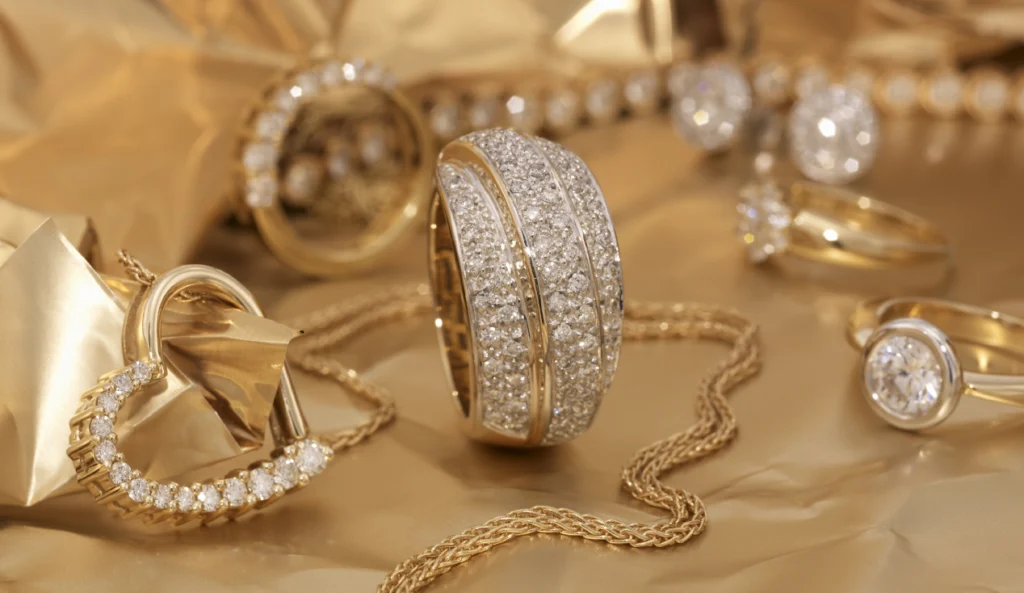
Consumer Demand for Sustainable Luxury Products
Consumers today are more informed and conscientious about their purchasing decisions. They seek products that not only reflect their personal style but also their values. This shift in consumer behavior is driving luxury brands to adopt more sustainable practices.
• Transparency: Consumers demand transparency regarding the origins and production processes of luxury goods. Brands that provide clear and honest information about their sustainability efforts build stronger trust and loyalty.
• Quality Over Quantity: There is a growing preference for high-quality, durable products that offer long-term value over fast fashion. Luxury brands, with their focus on craftsmanship and longevity, are well-positioned to meet this demand.
Conclusion
The integration of sustainability into the luxury industry is not just a trend but a necessary evolution. As luxury brands continue to innovate and adopt eco-friendly practices, they are setting new standards for the industry and responding to the growing consumer demand for sustainable products. This shift towards sustainability not only benefits the environment but also enhances the brand’s reputation and appeal, ensuring their relevance in an ever-changing market. Luxury brands leading the way in sustainability are proving that it is possible to combine luxury with responsibility, paving the path for a more sustainable future.
understand those mad acts to which an insane society has driven a few poor souls.
Perhaps even these words, here, are enough to summon our new inquisitors.
If so, I say, let them come. I know their jail cells; their guards are my comrades and friends. Scoundrel laws, like the scoundrels who created them, must one day lose their power. It is a law of justice and nature.